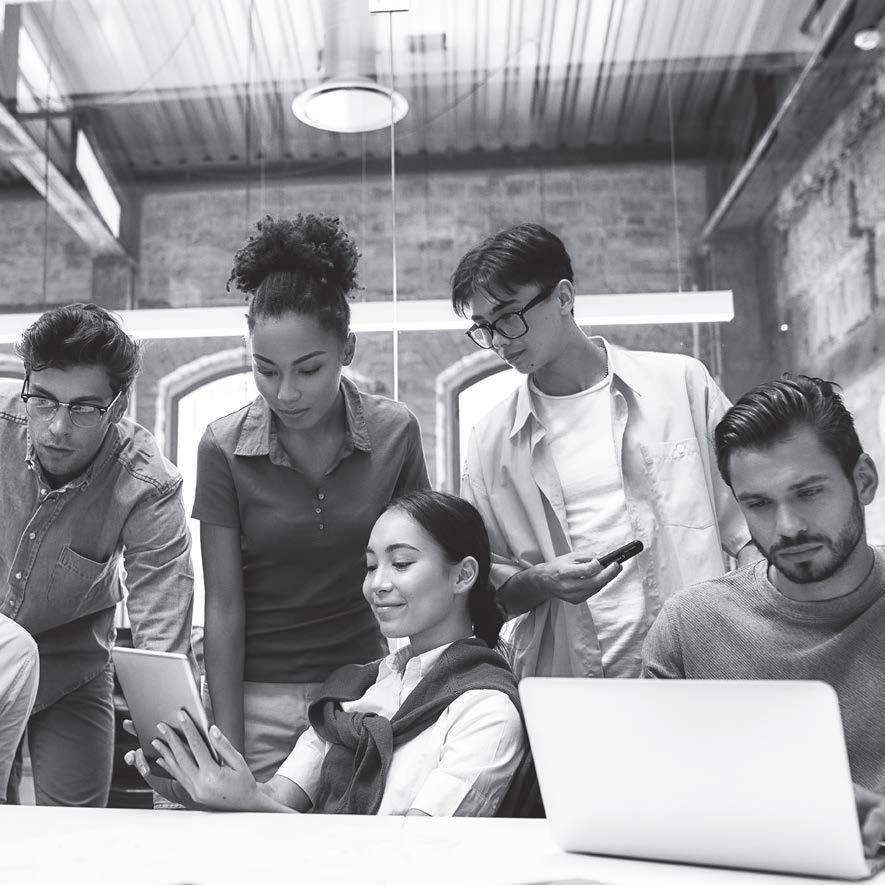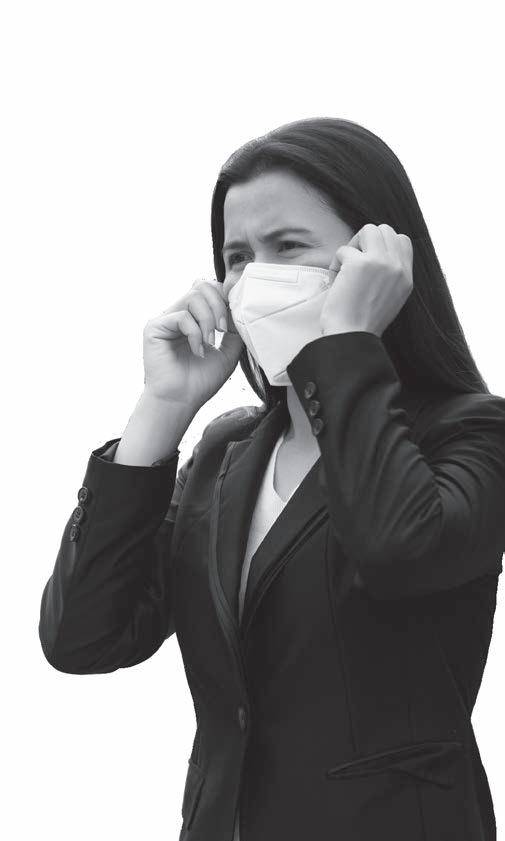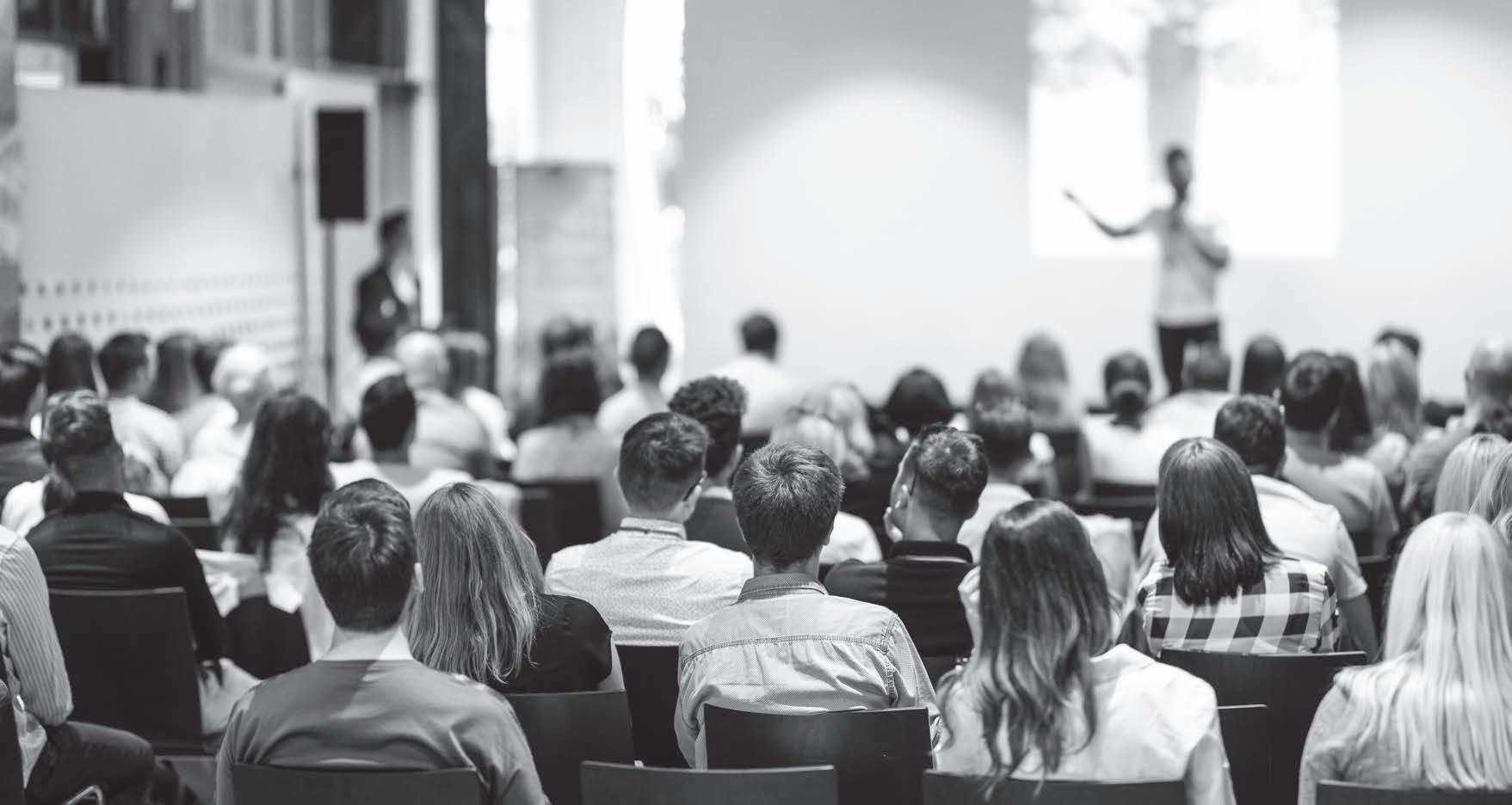
2 minute read
Contests and Hackathons
Contests and
competitions such as hackathons are commonly used in the space sector to stimulate innovation and support the formation of start-up companies. These continued in 2020, but some were repurposed and others set up specifically to address pandemic-related challenges.
Advertisement

Within weeks of lockdowns starting in Europe, ESA launched a special edition of its Sentinel Hub Custom Script Contest in coordination with the EC, focussing on the crisis, with a range of Euro Data Cube tools made available. The quality of entries was so high that two of the ideas were eventually integrated into the European RACE portal (see Data Dashboards). Also in April, more than 12,000 people from over 100 countries took part in the Hack the Crisis hackathon for start-ups, organized by Garage48 and supported by ESA’s Business Incubation Centre (ESA BIC) in Estonia. The winning project was designed by Suncrafter, a German start-up, which designed an ultraviolet unit to disinfect hands that was to be built using repurposed solar cells.


In late May, ESA joined forces with NASA, JAXA, the Canadian Space Agency and the French National Centre for Space Studies (CNES) to create the Space Apps COVID-19 Challenge. During the 48-hour virtual global hackathon, over 15,000 people from 150 countries joined together in more than 2,000 virtual teams to use EO and other open data to devise solutions to one of 12 challenges related to the pandemic. Among the winners was a proposal for keeping commuting safe by applying NASA technology to ‘scrub’ the air clean of pathogens and using photosterilisation to keep surfaces sterile in elevators, trains and buses.
How the Space Sector in Europe Stepped Up to the COVID-19 Pandemic Challenge During July, SpaceGen United brought together 140 young people from 52 countries in a virtual event that included a hackathon hosted by ESA. This tasked delegates to design an application using space technology to address UN Sustainable Development Goal 3: Good health and wellbeing. The winner 15,00015,000 150150 was HOPE (Health One-to-One Planning to Emerge Together). 140140 www.rheagroup.com 5252 17
Countries People 15,000 150 140 52
2,000 Teams People The aim of HOPE is to incorporate the latest medical research, public health data and geospatial information to empower people to ‘own’ their health and wellbeing, and support users to develop personal and community action roadmaps for the COVID-19 crisis, as well as to prepare for any future pandemics.







